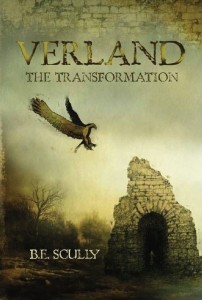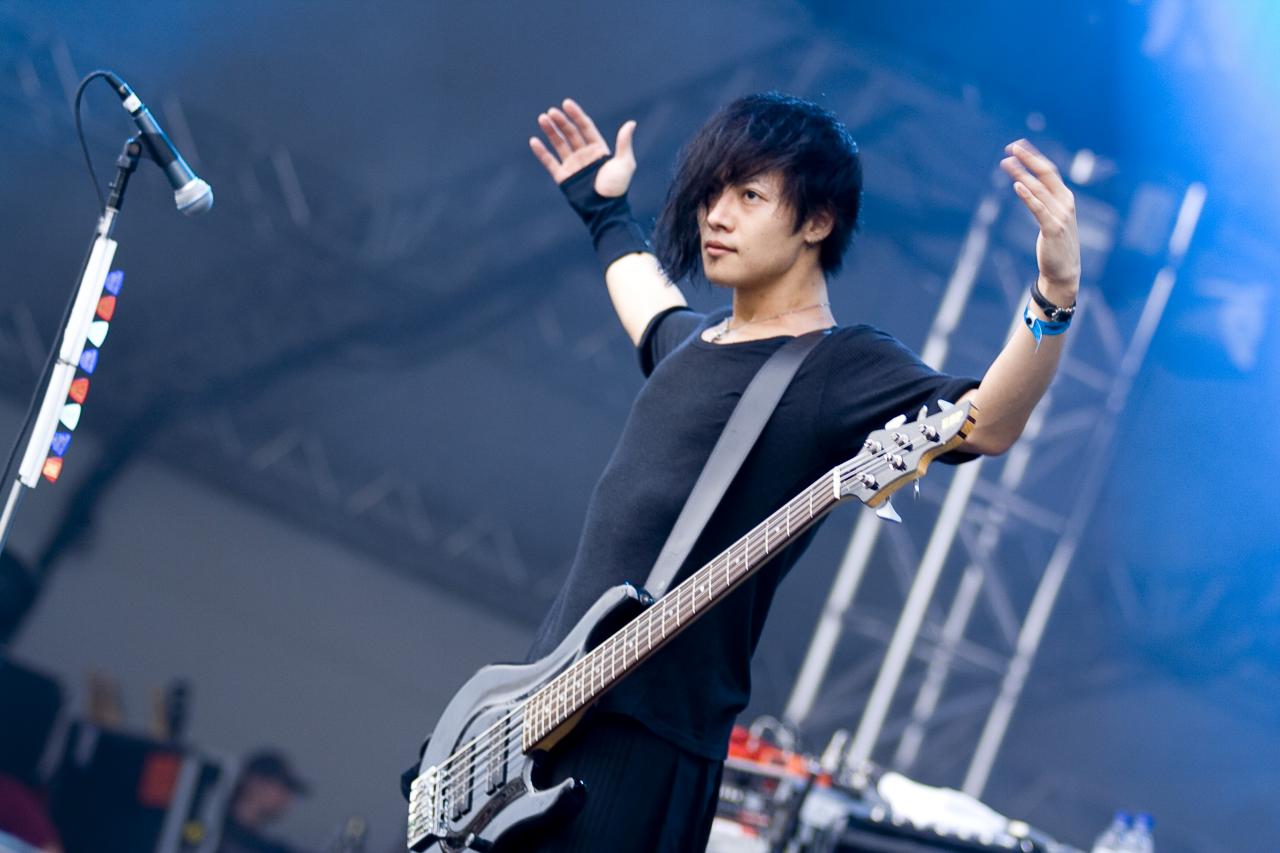by Alex Mcdermott:
The vampire has made quite the comeback in the last couple of years with the popularity of Twilight, True Blood and Vampire Diaries. You can’t argue with the sales, but for some fans these vampires leave the blood a little thin and cold. Bram Stoker’s classic novel Dracula created the ultimate role model for the undead. He was sophisticated, dark, tortured, seductive, powerful and deadly. This gothic creature doomed to lurk in Mankind’s shadow has returned in B.E. Scully’s gothic-inspired novel Verland: The Transformation. It’s an intense novel that stays with you long after the last page. Author B.E. Scully explains the haunting quality to the work and the power that makes you believe!
Alex Mcdermott: There are so many vampire stories out now, yet yours are different from most of the major versions. What inspired you to create these particular kinds of vampires?
B.E. Scully: I wanted vampires that really captured the essence of the Gothic tradition—isolated, elusive outsiders; dangerous, but not amoral monsters, either. Vampires should represent Sturm und Drang in the best sense of the Romantic tradition, otherwise they end up being little more than serial killers with fangs–or the other extreme, your next-door-neighbor eating dinner at the local blood bank.
AM: You have a background in English literature. How did this shape your writing?
BES: Writing is inextricable from reading, and studying the most galvanizing literature ever written is a powerful incentive to always go a little deeper, to search a little harder for the right word or phrase…you know, what would Samuel Beckett write?
AM: What made you write about vampires instead of any of the other horror characters out there?
BES: Definitely not the advice of the many people who told me things like “Vampires are over, the market is too saturated, etc. etc.” I wrote about them anyway because vampires will never be over; they exist in that seductive, shadowy place between fantasy and reality, and some of us like to spend as much time there as possible.
AM: One of the major themes of the book is that a vampire’s immortality is not the final end; in fact, it’s even somewhat of a “cursed” state of being. What made you take this position?
BES: When my father died several years ago, it shook me so badly that for a while I didn’t even want to leave the house. I was just crippled by this sense of loss…where did he go, there one minute, and then not? I thought about how death is the one inevitable thing for every living creature, and yet it’s also what most people fear above all else. Talk about needing a new system! So I wrote the book in part to help myself sort through it all, and I thought, “Well, who understands death and immortality better than anybody else?” Vampires, of course!
AM: Why is it so important for the vampire to remain outside of society?
BES: For me, if vampires can just run around with humans and be like everybody else, there’s not much mystique in that! The idea that vampires always slip back into the shadows, just beyond our reach, is a tremendous part of their appeal. I’m thinking of Trent Reznor’s lyrics from a NIN song: “I just want something I can never have.” Vampires speak to that kind of impossible longing that we all feel at times.
AM: What challenges does the horror genre present for a writer?
 BES: I’m not sure about that one, as I don’t think of myself as a horror writer. I don’t mind being termed one; in fact, I love the horror genre! But I’m just as apt to write about a midlife crisis or lesbian meerkats as I am about vampires or ghouls, so I don’t know what kind of writer that makes me other than insane.
BES: I’m not sure about that one, as I don’t think of myself as a horror writer. I don’t mind being termed one; in fact, I love the horror genre! But I’m just as apt to write about a midlife crisis or lesbian meerkats as I am about vampires or ghouls, so I don’t know what kind of writer that makes me other than insane.
AM: What does horror allow you to do as a writer that other genres don’t?
BES: I love fantasy, horror, and science fiction so much because as long as you can imagine it, you can make it happen. Plus, the readers and fans of these genres are as insane as the writers, and that keeps things interesting.
AM: Your book includes a wide range of characters, including gay and disabled people. How do you write from another perspective without falling into stereotypes?
BES: Well, I have so many personalities competing for my attention on any given day that it’s actually a relief to get some of them out. Writers are always observers, and I think that the good ones also come with a strong sense of empathy. When that collides with imagination, it’s possible to really become someone else through a story. Which is also why so many writers consume far too much alcohol, by the way!
AM: Even though this is a book about vampires, the human beings play a powerful role. What message do you want your readers to get from the human characters in this book?
BES: Even though the vampire’s diary is central to the narrative, the story is fundamentally about humanity–about making the choice to really live, and love, despite the pain and the darkness and the difficulties.
AM: What message do the vampires give us?
BES: Believe! That’s Verland’s slogan, and I think it means so much more than just “Believe in vampires.” It means believe in each other, in life, in that which comes next, in art, in all of the strange and marvelous things out there—believe even when you don’t know what you believe in! Believe in belief!
AM: What is one stereotype about horror writers that is absolutely wrong? What stereotypes are dead wrong?
BES: That we’re twisted, insane harum-scarums. What stereotype is dead on? That we’re twisted, insane harum-scarums!
AM: Where do you as an author draw the line on gory descriptions and/or erotic content?
BES: I’m not a big fan of drawing lines, but as a reader, I get bored by endless, excessive gore that does nothing to deepen the themes or reveal anything new. Now, endless, excessive sex is a different story! I’m just kidding; unless it’s a very particular type of genre, I think too much of either tends to crowd out a more powerfully selective narrative.
AM: A major theme of your book is the idea that human life is really the most important thing. Characters like Joel come out and say it, but Gideon talks about it too. Why is this a powerful subject to you?
BES: The edge of the abyss can be a powerful place, but there’s always the danger of taking that one step too far. Some people choose to take that step, and I respect that; but when it comes to those who have looked into the darkness and seen the flame that burns there, the light that is a part of darkness itself—well, we need as many of them as possible to stick around here for a while.
For you old school vampires, the book is out on Amazon in paperback and for the tech ghouls, there’s the Kindle version!
B.E. Scully is currently featured on DarkMediaCity, a free social network for those who like it Dark. Whether it be literature or film, music or art, horror or sci-fi, paranormal romance or paranormal investigation, we’ve got something for you. www.DarkMediaCity.com
She can also be found on her website.
(All interviews are the exclusive property of DarkMedia, and may not be reproduced or shared without permission, excepting links to the interview.)
















4 Comments